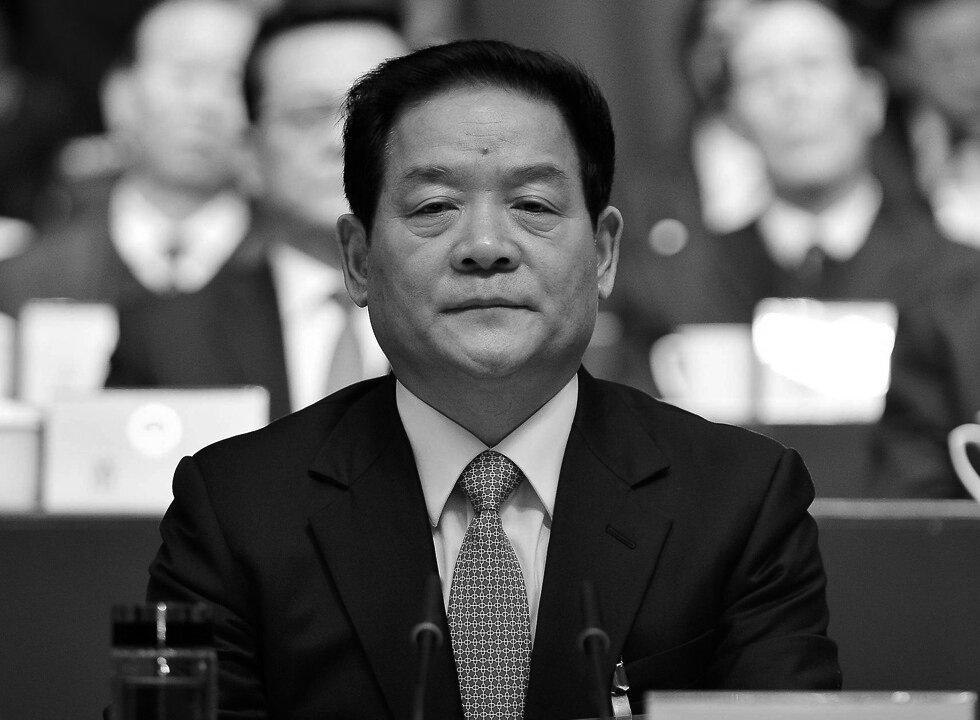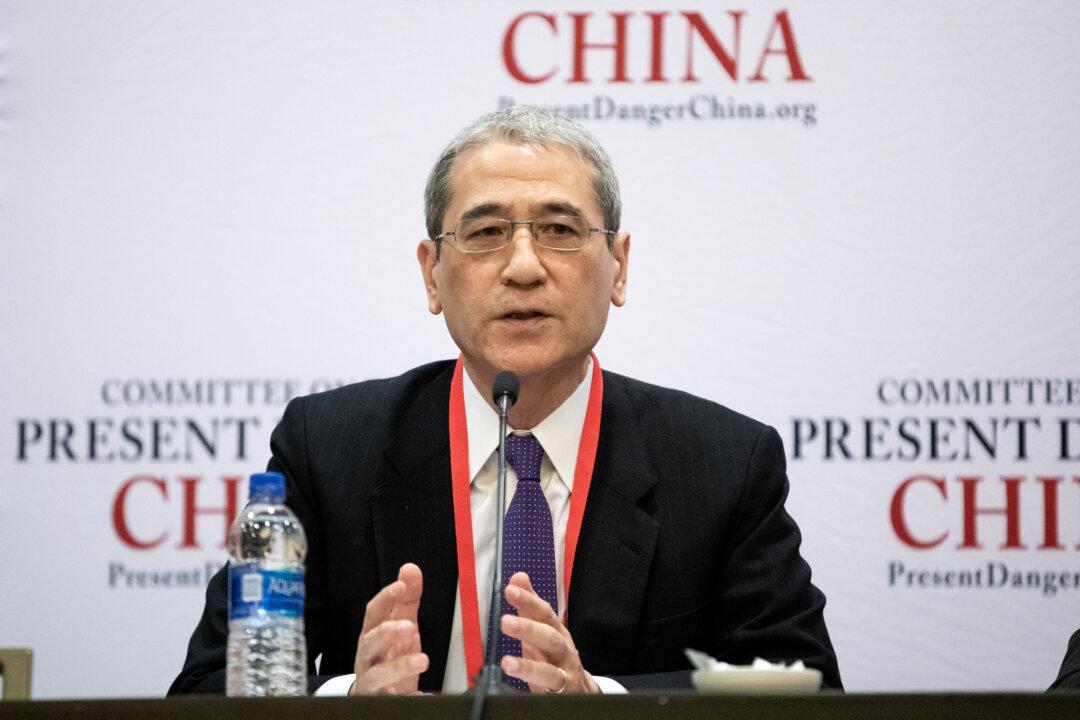Wei Minzhou, the deputy head of a northwestern Chinese provincial legislature attended several official functions on May 23. That evening, he was even featured on the provincial newscast.
But three hours later the Chinese regime’s anti-corruption agency announced that Wei, 61, was being investigated for “severe disciplinary violations,” Party parlance for corruption.
Wei is the latest “tiger,” or high-ranking Chinese official, to be purged under Chinese leader Xi Jinping’s anti-corruption campaign. Over 200 high ranking officials have been purged, and over a million Chinese officials have been investigated as of the end of 2016 for malfeasance.





